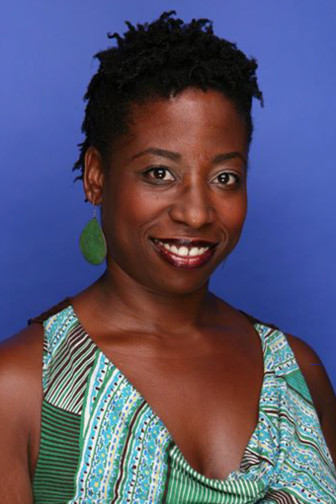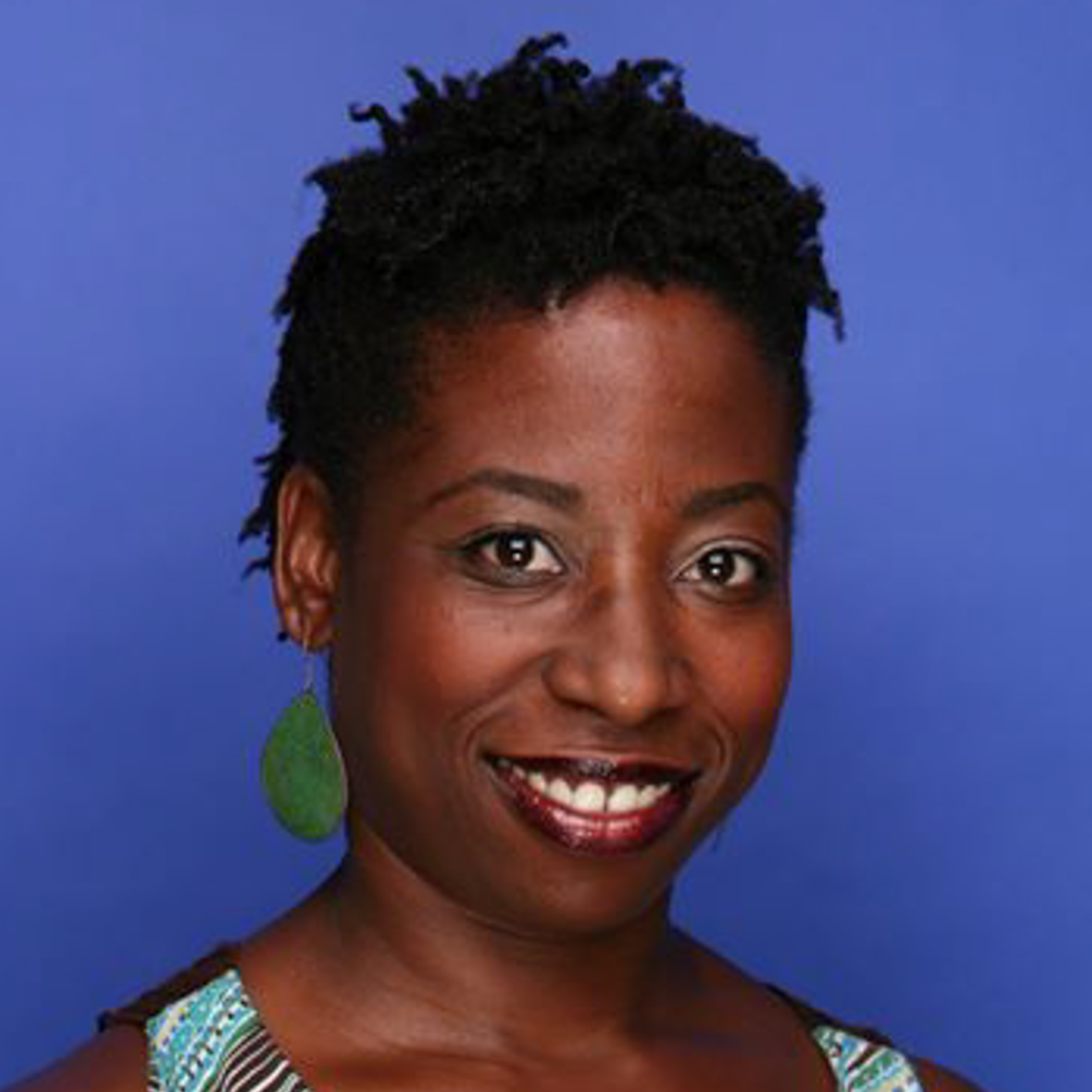 So, I’m back to thinking we’re all doomed. Specifically our black boys. Not because of the increased violence that occurred in Baltimore and around the country in late May. Not because of the here-we-go-again civil unrest in Cleveland.
So, I’m back to thinking we’re all doomed. Specifically our black boys. Not because of the increased violence that occurred in Baltimore and around the country in late May. Not because of the here-we-go-again civil unrest in Cleveland.
Don’t get me wrong, we’re doomed because of that stuff, too, but I’m feeling melancholy because I just came back home from a panel discussion that was set up to talk about solutions to the problems surrounding our black sons.
Held at a fancy law firm in Washington, D.C., steps away from our city hall and the home of the leader of the free world, “The State of Black Boys” was sponsored by the Harvard Black Alumni Society of D.C. and the Duke University Black Alumni Connection.
Great minds from education, law enforcement and the legal world, in addition to a room full of Harvidians/Harvardites (what do I call them?), discussed the ills that face our young black men, our families, our race, our country. It was inspiring to be back in company like that — reminiscent of the days when I followed around my ex-husband on campus to attend Harvard Divinity and Kennedy School symposia.
Because I had to pick up my young black boy from the Metro station after karate practice, I could only stay until 8 p.m. I’m hoping maybe, just maybe, they solved even a quarter of the problems that were brought up in the first hour and 15 minutes. Their work was cut out for them.
Here’s just a few of the challenges our black boys are facing, according to the guest speakers:
- Blighted neighborhoods, witnessing police abuse regularly; it’s a true thing: Jack Pannell, founder of Baltimore Collegiate School for Boys
- Poor, segregated school systems are failing our children: Jack Pannell
- Majority of Prince George’s County, Md., students come from female-headed households: Curtis Valentine, Prince George’s County School board member.
- We need to move from hashtags and give real time to young, black boys; mentorship, long-term engagement is missing and needed to allow young men to develop trust: Curtis Valentine
- We need more lawyers out here. The fight is that serious. They have really mounted some serious opposition: Wyndal Gordon, attorney and legal commentator
- The challenge is not just criminal justice, it’s bail reform, education reform: Wyndal Gordon
- We need to be more involved in the policy process. We need to know what’s going on before it gets to the city council to ensure our voices are heard: Wyndal Gordon
- We have issues that are not being addressed, that are being ignored: Wyndal Gordon
- We have a hard time saying what’s going on with our people: Wyndal Gordon
- The only message our young men are getting is that the system is stacked up against them: Delroy Burton, chairman of the DC Police Union
- We have lost the set of grandparents, uncles, fathers; no one’s there to hold our young black boys up: Delroy Burton
- The system is not very forgiving; our systems need to do better: Delroy Burton
- We told our politicians in the ‘80s that we were afraid; as a result, we made policing, sentencing laws much harsher: Delroy Burton
Phew … and that’s just the tip of the iceberg. Folks, we’ve got a lot of work to do. We can continue to dialogue. We can continue to RSVP for panel discussions, insert pithy remarks at roundtable conversations and attend candlelight vigils. But we have got to change our current situation.
Based on my experience on the ground, in the field and in my household, it starts with our systems — education, youth employment, adult employment, foster care, mental health, health care … you get it. Once these government resources are fully available and accessible to all, our juvenile justice and criminal justice systems are sure to be less needed.
I mean, just imagine: if your brother were gainfully employed, able to afford groceries, an apartment or home and could afford child care or resources needed for his child/ren, there would be no desire to stand on the corner, involve himself in a quick robbery scheme or permanently “borrow” something from the CVS pharmacy aisle — right?
Instead, he would be occupied at his place of work, and could afford necessities, child care and doctor visits as a result. Or does this sound too far to the right, somehow?
It’s simple math, and doesn’t require much policy change — just a change in the thought process of our system’s leaders, a few million … or billion dollars and implementation. Oh, and still some advocacy, education and much solidarity on our part to help our policymakers understand our desires.
But solidarity can be a challenge. Even among the expert practitioners on the panel, there was much debate and disagreement on where we need to devote our attention, whether policing has improved over the decades or worsened and if we should move ahead or look back.
So now you see why I feel like we’re doomed. Like I said, I left before they collectively came up with a solution, sang a round of “Kumbaya” and passed out the steps to the solution. But with the brainpower in there, the number crunchers at the many nonprofit organizations right here in D.C. and around the country, in addition to the millions of dollars in backing from scores of foundations … there’s hope, right?
In the meantime, I’ll keep doing my little part to keep my black boy and girl out of these systems. Hopefully, I’ll wake up tomorrow with a new outlook.
Zerline Hughes is a Washington, D.C., communications consultant and blogger on social justice issues. Her blog Not These Two focuses on keeping her children out of the school-to-prison pipeline. Follow her on Twitter at @zerlinehughes.


























